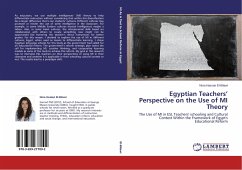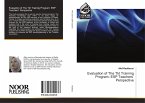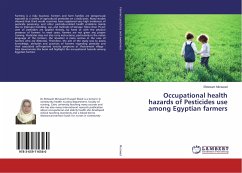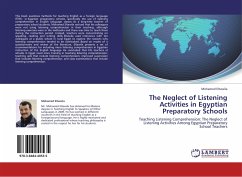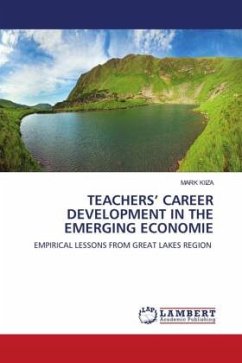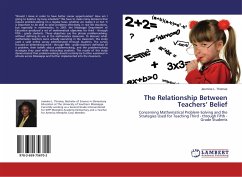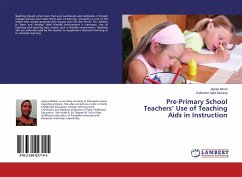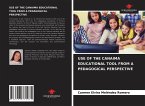As educators, we use multiple intelligences' (MI) theory to help differentiate instruction without considering that within this diversification lies a larger difference that is our students' cultures. Different cultures may promote or hinder the use of some intelligence in the classroom. For example, in some Middle Eastern cultures musical intelligences maybe a taboo. Also, in some Asian cultures, the interpersonal skills based on collaboration with others to create something new might not be appreciated like honoring the teacher's direct instructions for better grades. For this reason, I decided to explore the use of MI in different cultures, Egypt, when used as means to differentiate learning. I chose Egyptian language schools for this study as the government had called for an educational reform. The government's reform strategic plan states the call for implementing MI, creative thinking, and cooperative learning models as some of the tools to achieve this reform. My goal in this research was to interview ESL teachers on their perspectives of using MI in their classroom and weather it is applicable in their schooling cultural context or not. The results lead to a paradigm shift.

